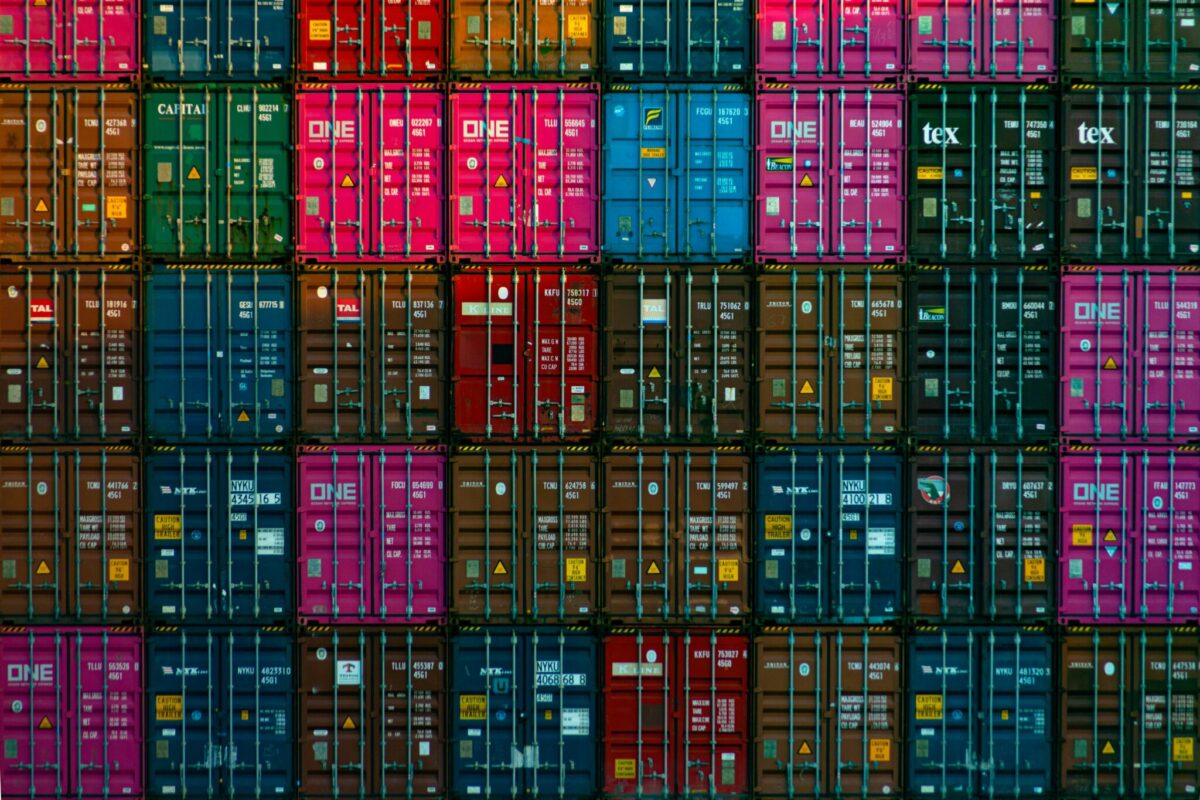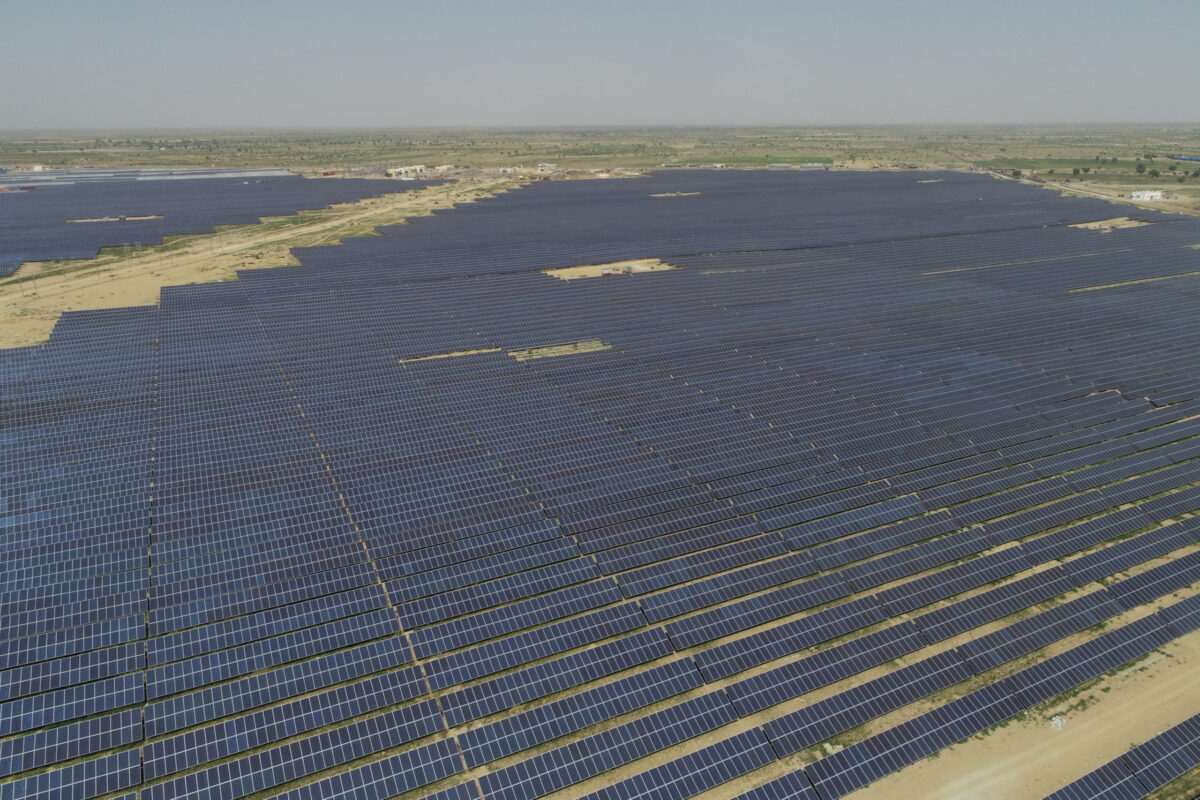From pv magazine USA
Teeing up the next in a succession of geographic focal points in the 14-year US solar-industry trade battle against Chinese trade practices, an American manufacturing consortium today filed petitions against imports from India, Indonesia and Laos. The cases submitted by the The Alliance for American Solar Manufacturing and Trade have been generally anticipated, but the exact country targets have not been finally and widely known – until today.
In step with previous trade litigation, the alliance submitted the anti-dumping and anti-subsidy cases to the US International Trade Commission (ITC) and the US Department of Commerce, which adjudicate such cases over periods of about 13 months. The two agencies play parallel roles in separately managing complementary investigations in quasi-judicial proceedings.
As a first step toward initiating comprehensive investigations, the ITC will stage initial hearings and research to preliminarily determine whether the targeted imports are unfairly injuring the US industry. The ultimate objective of the cases is to secure import duties calibrated to offset the extent of allegedly anti-competitive pricing practices and government subsidies underlying the target imports.
In effect, the new cases extend a marathon struggle begun in 2011 that has focused on imports from Chinese companies. As they have relocated factory assets ahead of tariffs resulting from the cases, the domestic industry has refocused on litigation against imports from new country targets. Most recently, the industry won penalties, implemented in June, against imports from Cambodia, Malaysia, Thailand and Vietnam.
The latest cases effectively request investigations into “illegal trade practices by largely Chinese-owned manufacturers operating in Laos and Indonesia, as well as companies headquartered in India,” said an alliance release.
The alliance asserted that it has calculated dumping margins in sales of imports from designated countries. The margins estimate the degrees to which companies from foreign markets allegedly have sold U.S. imports at prices below their fair market values in the US market. The alliance contends it has found dumping margins of 89.65% for imports from Indonesia, 245.79% to 249.09% for Laos and 213.96% for India.
The cases name the alliance as their lead petitioner, though individual companies have sometimes acted as lead petitioners in prior cases. Alliance members include First Solar, Mission Solar Energy and Qcells. Houston-based Talon PV Solar Solutions is listed among the alliance’s officially recognized supporters.
The alliance said it is striving to prevent unfairly traded imports from stalling an epic rebound in solar cell and panel manufacturing to meet rising U.S. domestic demand.
Even as the prior cases were still moving through early phases, imports from the cases’ target countries were collapsing and those from Indonesia and Laos were sharply rising, according to trade statistics.
The alliance release hints that the additional move against imports from India reflects a rising, ongoing concern.
“The last petition filed on behalf of American solar manufacturers successfully enforced the rule of law and addressed illegally dumped and subsidized solar panels surging into the United States from Southeast Asia,” said Tim Brightbill, the alliance’s attorney. “But the same Chinese-backed companies wasted no time shifting operations to Laos and Indonesia, and companies in India joined in to continue undercutting American producers. We have always said vigorous enforcement of our trade laws is critical to the success of this industry.”
The trade-case battle always has been highly controversial. At the industry’s current juncture, opponents argue that unpredictable and ever-changing duties will stem the flow of necessary, affordable imports at an already perilous time of changing federal incentives, and import-restricting incentive rules, for solar.
Of particular concern in this line of argumentation are high volumes of Indian imports of cells. The US industry produces only a fractional supply to meet domestic cell demand. The new cases could restrain the flow of those Indian cell imports.
“This is almost certainty going to shut off supply from these three countries and it couldn’t come at a worse time for the US solar market,” Christian Roselund, senior analyst for Clean Energy Associates, wrote in a series of Bluesky posts.
This content is protected by copyright and may not be reused. If you want to cooperate with us and would like to reuse some of our content, please contact: editors@pv-magazine.com.








By submitting this form you agree to pv magazine using your data for the purposes of publishing your comment.
Your personal data will only be disclosed or otherwise transmitted to third parties for the purposes of spam filtering or if this is necessary for technical maintenance of the website. Any other transfer to third parties will not take place unless this is justified on the basis of applicable data protection regulations or if pv magazine is legally obliged to do so.
You may revoke this consent at any time with effect for the future, in which case your personal data will be deleted immediately. Otherwise, your data will be deleted if pv magazine has processed your request or the purpose of data storage is fulfilled.
Further information on data privacy can be found in our Data Protection Policy.